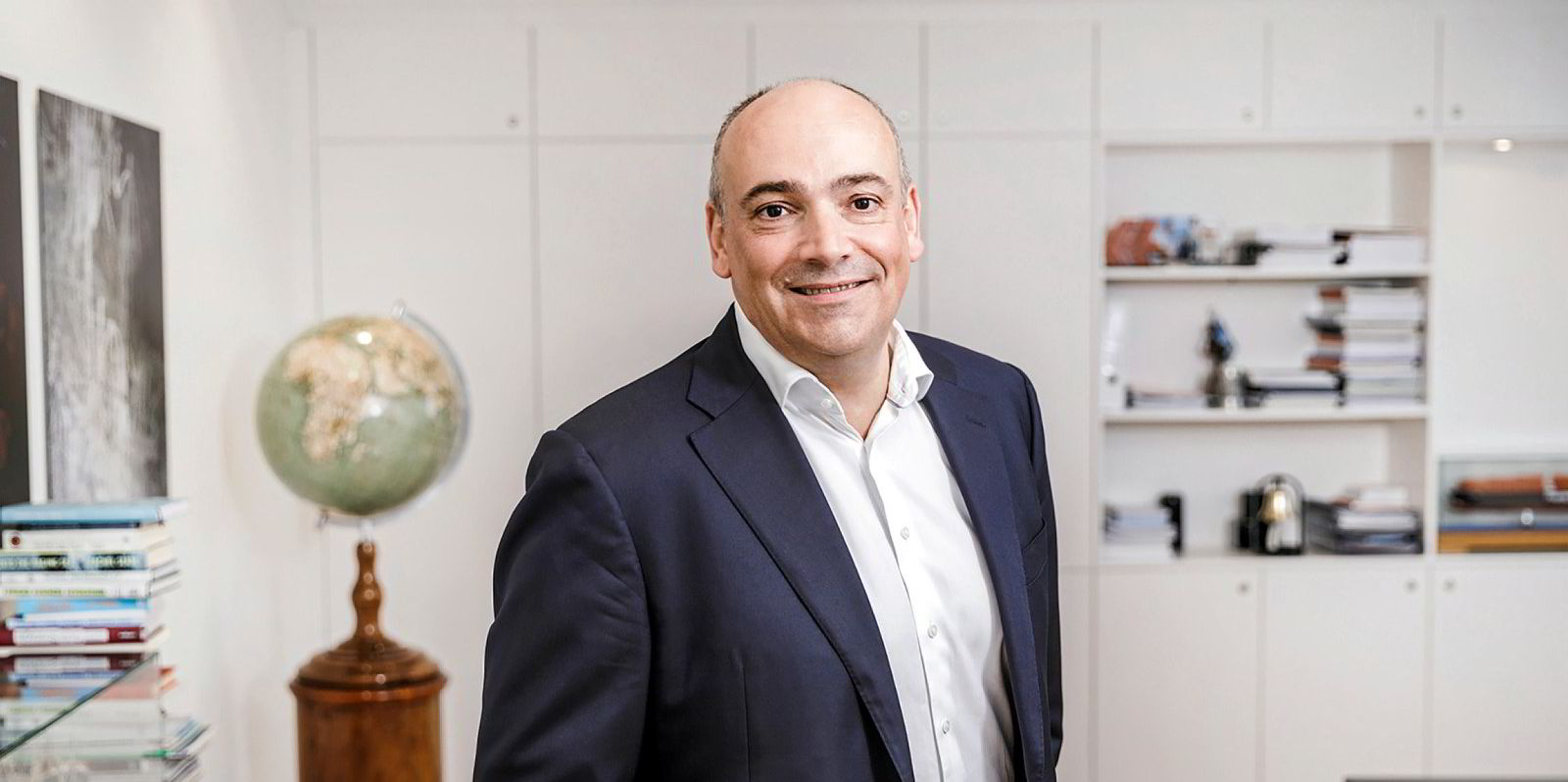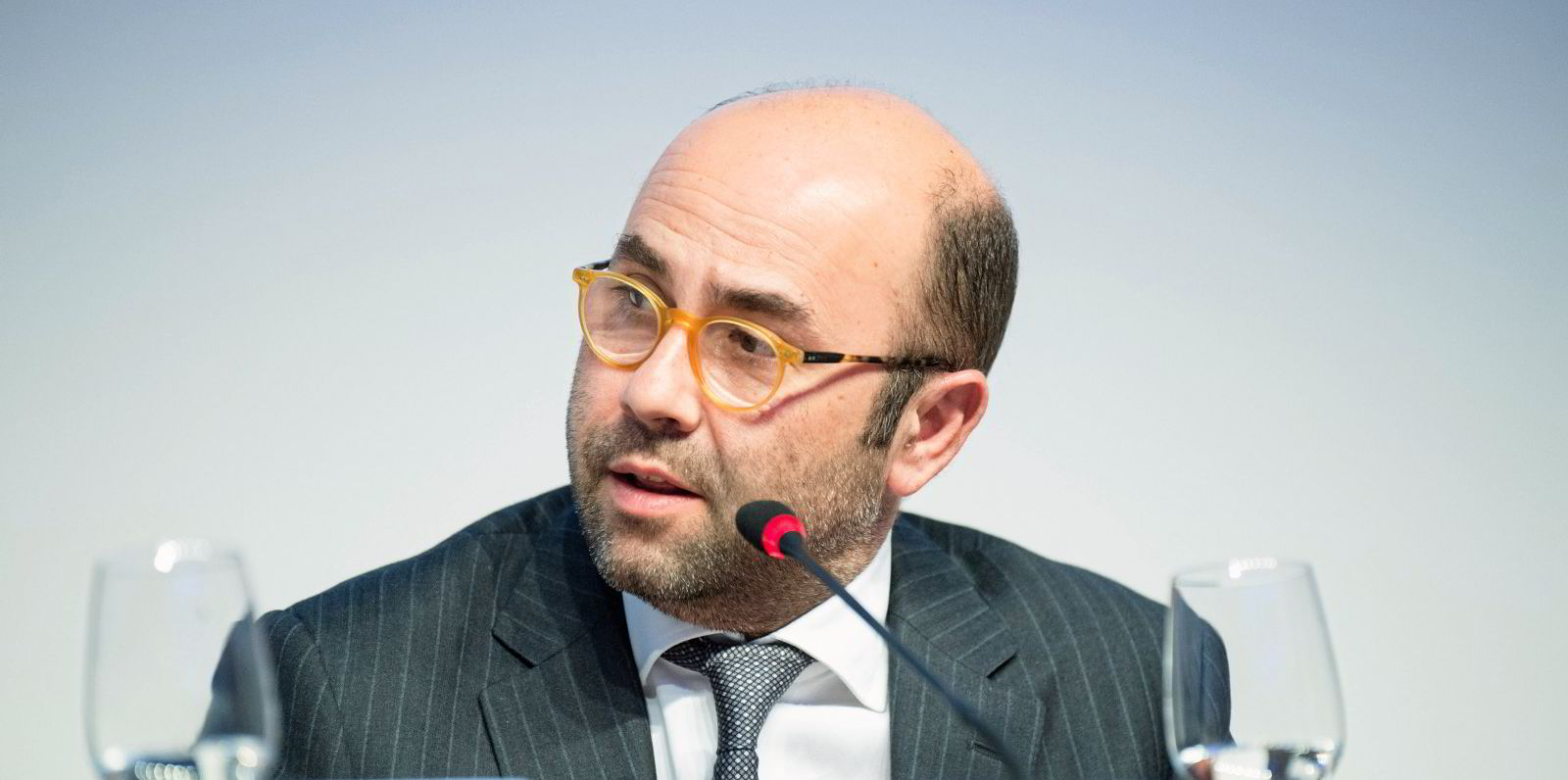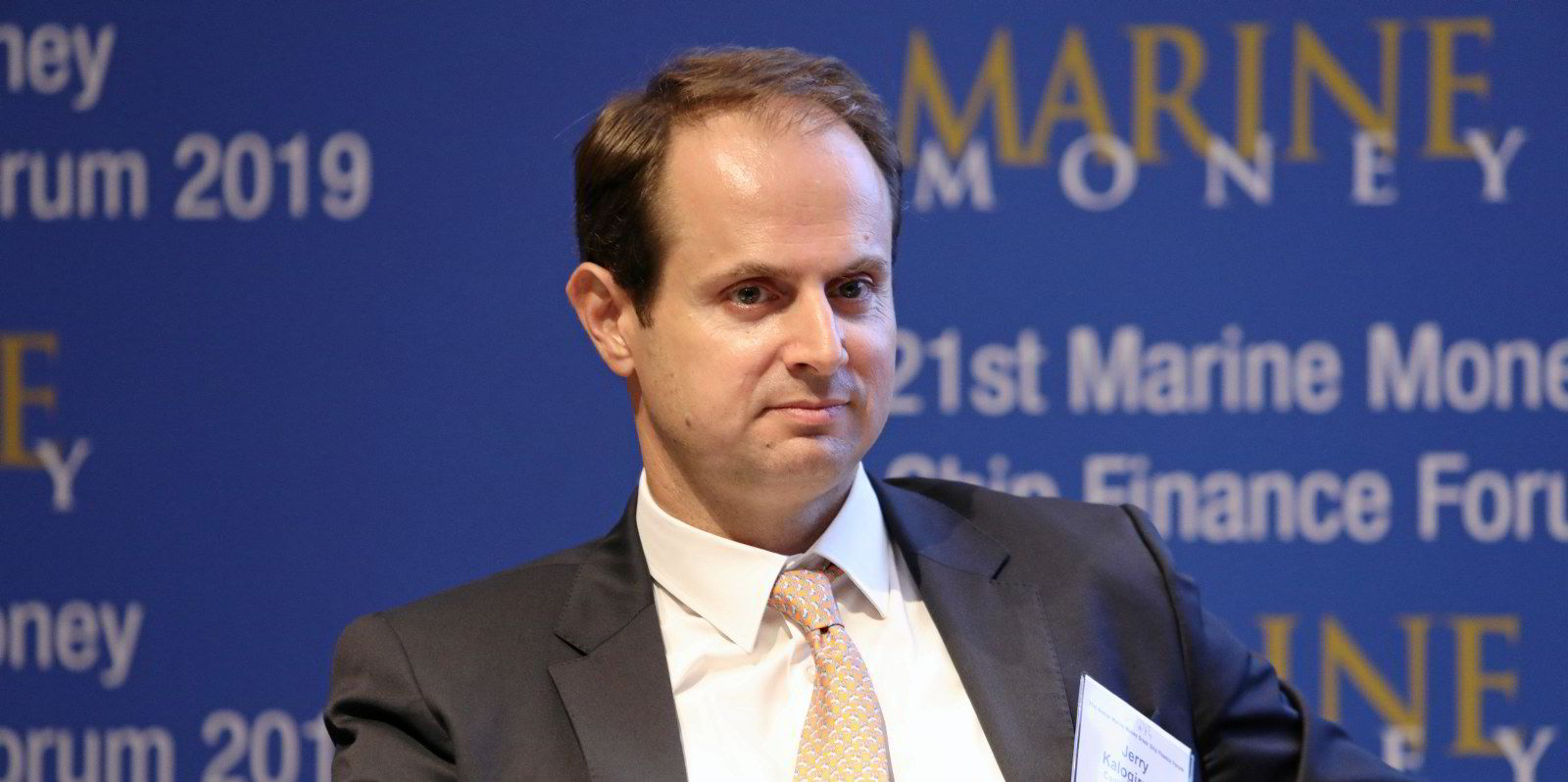Hapag-Lloyd chief executive Rolf Habben Jansen has warned of “difficult waters” ahead due to falling spot rates and rising inflation.
The German liner boss made the comments as the Hamburg-based carrier confirmed it had doubled profits in the first nine months of the year.
Group profit for the first nine months rose to €13.7bn ($14.6bn) on the back of rising freight rates.
That was up from €5.56bn in the same period in 2021.
But there are already signs of weaker demand for container transport and consequently a slight easing in the shortage of available transport capacities.
Habben Jansen said that will mean the container market will continue to “normalise” in the coming months.
“Thanks to higher freight rates, we have achieved an exceptionally strong nine-month result,” he said.
“However, we are also seeing that the market environment has deteriorated further in the third quarter. This is evident, for example, in falling spot rates and rising inflation-related unit costs.”
Changing market
The jump in profits and revenues is due to higher container freight rates.
Average freight rates rose to $2,938 per teu in the nine months, up from $1,181 per teu in the same period in 2021.
Revenues rose to €26.7bn ($28.4bn) for the period, up from €14.9bn in the same period last year.
Transport volumes were on par with the prior-year level, at approximately 8.9m teu.
Markets have been experiencing disruptions in the global supply chains, which resulted in longer turnaround times for ships and containers.
However, Habben Jansen noted the situation was already beginning to change.
“In the coming months, the strained situation in the global supply chains should continue to normalise,” he said.
“At the same time, our strong balance sheet will help us to stay on course even in difficult waters.”
Target unchanged
Hapag-Lloyd is sticking with its full-year profit forecast that it issued on 28 July.
Ebitda for the full year is forecast in the range of $19.5bn to $21.5bn this financial year.
However, this forecast remains subject to considerable uncertainty given Russia’s war of aggression on Ukraine, supply chain disruptions that have not yet been fully resolved, and the effects of the Covid-19 pandemic.
In the first nine months, the company reported Ebita of $16.6bn (€15.6bn) and Ebit $15.1bn (€14.2bn).
Transport expenses climbed to €10.1bn ($10.8bn), due to significantly higher bunker prices and expenses for container handling
The downturn in markets has hit the share price, which has halved in the past three months to €175 per share.
“We will stick to our strategic agenda while investing more in quality and growth as well as in the further decarbonisation of our fleet,” Habben Jansen said.







